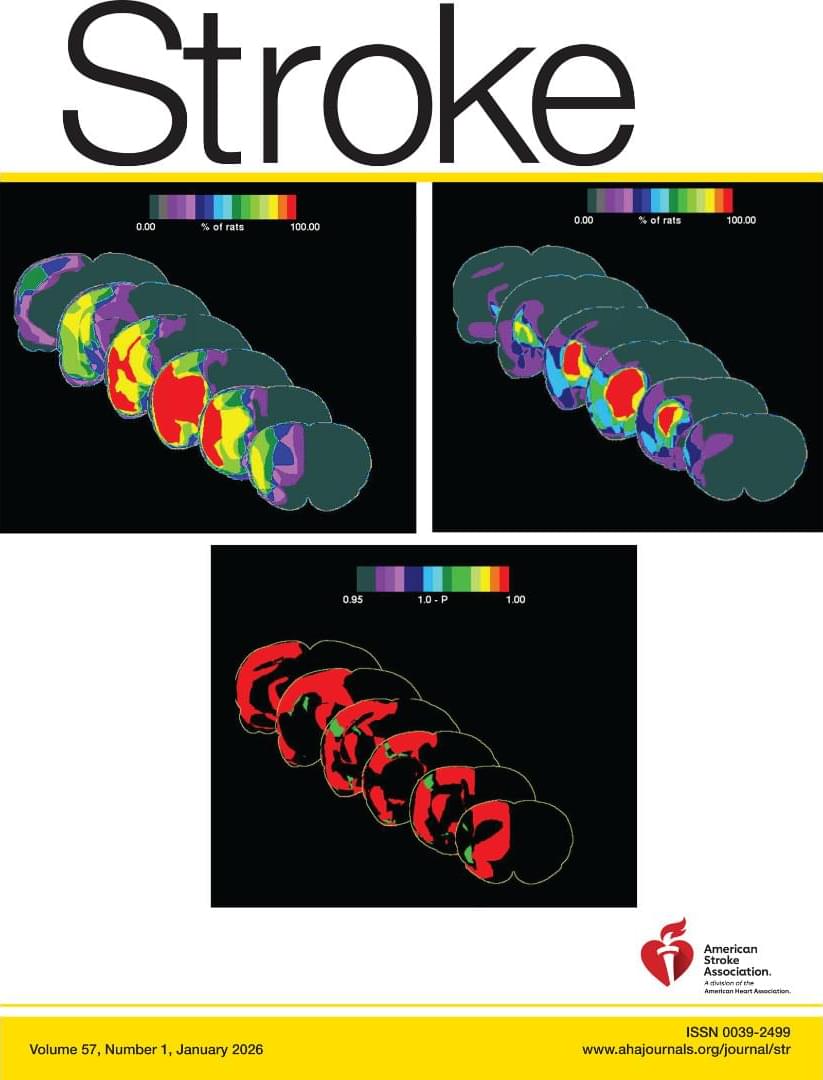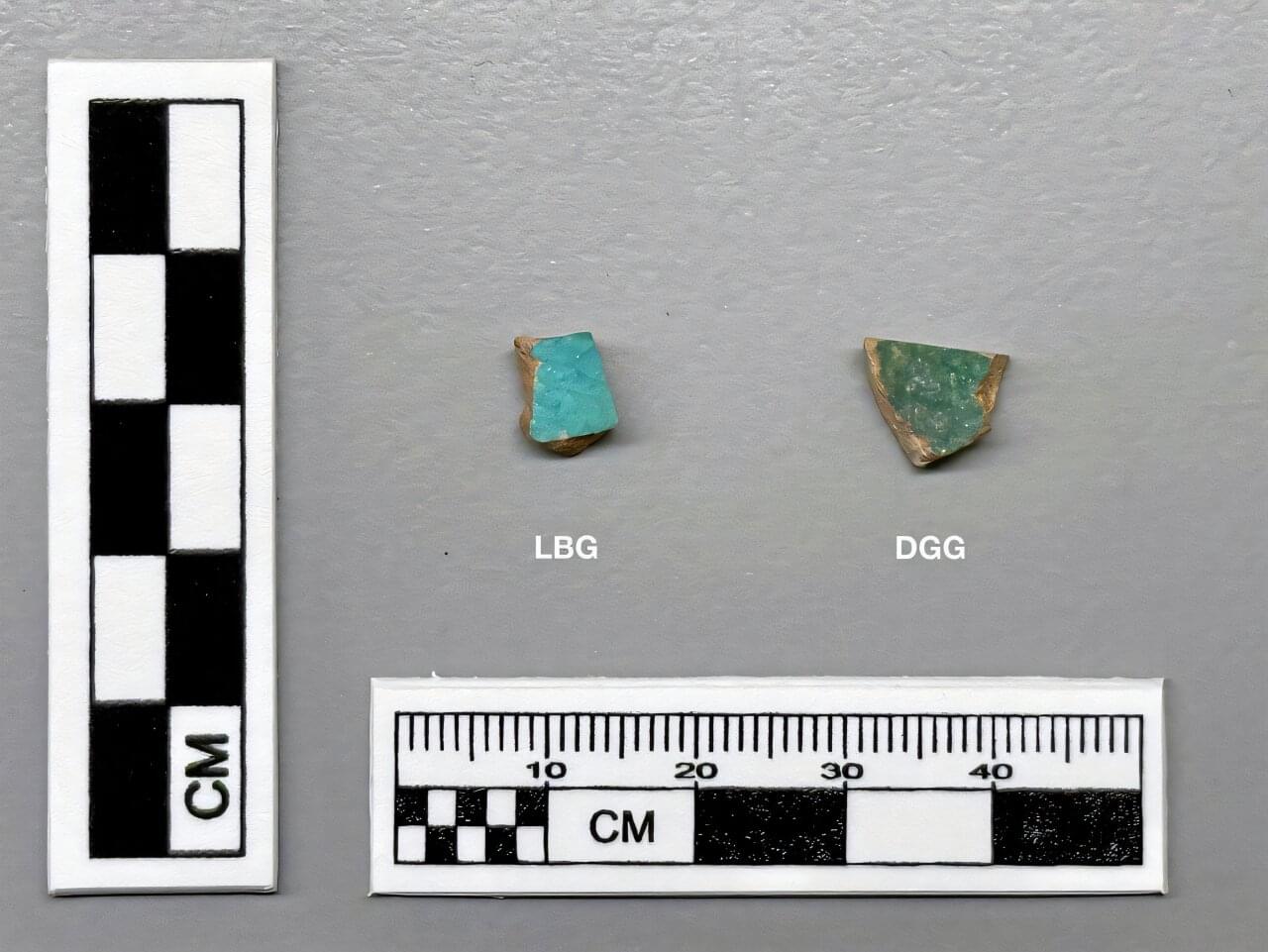Vaporising crystals with a laser allows us to look deep into Earth’s past.



Stroke Image highlights the interplay between hypoglycemia and perfusion abnormalities in a person with acute focal neurological deficits.
ELetters should relate to an article recently published in the journal and are not a forum for providing unpublished data. Comments are reviewed for appropriate use of tone and language. Comments are not peer-reviewed. Acceptable comments are posted to the journal website only. Comments are not published in an issue and are not indexed in PubMed. Comments should be no longer than 500 words and will only be posted online. References are limited to 10. Authors of the article cited in the comment will be invited to reply, as appropriate.
Comments and feedback on AHA/ASA Scientific Statements and Guidelines should be directed to the AHA/ASA Manuscript Oversight Committee via its Correspondence page.

In the fossil record, creatures without hard shells or skeletons, such as jellyfish, are rarely preserved for long periods of time. Preservation is even less likely in sandstone, a rock made of coarse grains that is full of pores and typically forms in environments shaped by strong waves and frequent storms. Despite these challenges, fossils dating to about 570 million years ago tell a very different story. During the Ediacaran period, unusual soft-bodied organisms died on the seafloor, were quickly buried by sand, and were preserved with striking detail.
These remarkable fossils have since been discovered in rock formations across the globe. Researchers are working to understand how the Ediacara Biota could be preserved so clearly, especially as impressions in sandstone, a process rarely seen elsewhere in the fossil record. Solving this puzzle could help clarify a major missing chapter in the history of large, visible life on Earth.
“The Ediacara Biota look totally bizarre in their appearance. Some of them have triradial symmetry, some have spiraling arms, some have fractal patterning,” says Dr. Lidya Tarhan, a paleontologist at Yale University. “It’s really hard when you first look at them to figure out where to place them in the tree of life.”


Windows 11 has been pushing AI features harder than ever over the past year, and there’s no sign of that slowing down anytime soon. From Copilot sitting in your taskbar to Recall capturing your screen, Microsoft’s AI is becoming impossible to ignore, and often impossible to remove.
If you value your privacy or just prefer a cleaner OS, a PowerShell script called Remove Windows AI is now available on GitHub. It was released by developer Zoicware and does exactly what it promises: it targets Copilot, Recall, Windows Studio Effects, and other related background services that run by default.
The script is actively maintained to ensure it can remove newly added AI components as they appear. If you find an AI feature or registry key that the script doesn’t remove, report it with details so the developer can add it in a future update.



In a study published in the Journal of Archaeological Science: Reports, Dr. Ellery Frahm and his colleagues analyzed two unusual blue-green glazed ceramic sherds discovered in the Gobi Desert in 2016.
Their analysis reveals that the two sherds, originating in small seasonal herding camps, were high-value goods traded from the Persian empire, likely during the Early Islamic period, providing important insight into the far-flung connections and trade networks these nomadic communities were a part of.
